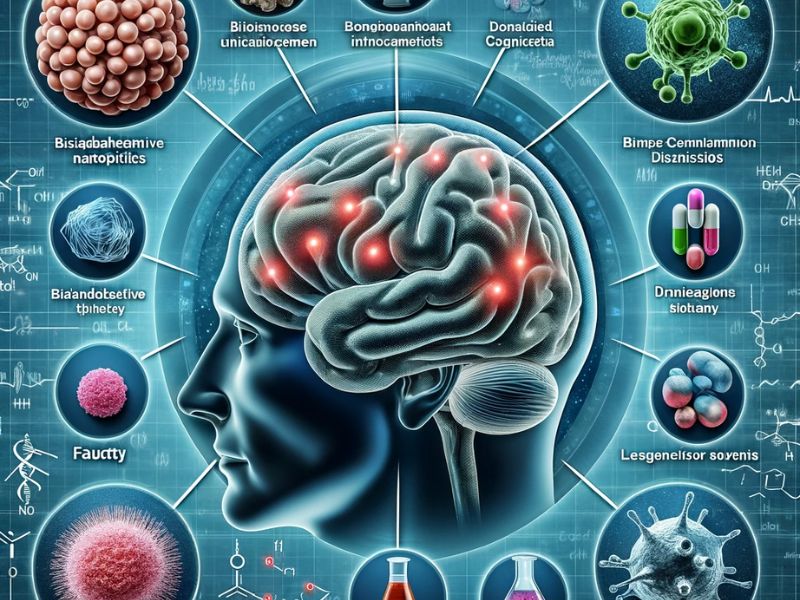

Introduction
Brain cancer represents one of the most challenging issues in oncology research. Despite the difficulty of treatment and the severity of the diagnosis, recent advancements in research offer new hope. In this article, we explore the latest developments in brain cancer treatments, focusing on innovative treatments and promising approaches for early diagnosis.
Recently, researchers from Yale and the University of Connecticut have developed a treatment based on bioadhesive nanoparticles to combat glioblastoma, a particularly aggressive and deadly form of brain cancer. These nanoparticles slowly release synthesized peptidic nucleic acids that bind to overexpressed microRNAs known as “oncomiRs,” blocking tumor-promoting activity. At the same time, a new drug called vorasidenib has shown positive results in slowing the progression of a specific form of glioma, a slow-growing yet lethal brain cancer, in a study involving 331 individuals with the disease.
A liquid biopsy test called BRAIN-ED has demonstrated the correct identification of 81% of individuals with a brain tumor, including 91% of patients with glioblastoma. Furthermore, innovative approaches to immunotherapy, such as the use of oncolytic viruses, promise to enhance immune responses in brain cancer patients by harnessing the ability of herpes viruses to infect neuronal cells and thus bypass the blood-brain barrier.
Awareness of brain cancer symptoms is crucial for early diagnosis. The most common symptoms include headaches, nausea, vomiting, changes in speech, weakness or numbness in parts of the body, seizures, and alterations in personality or behavior. While these symptoms can be attributed to many other conditions, it is important to consult a doctor if they persist or occur unusually.
Sources
